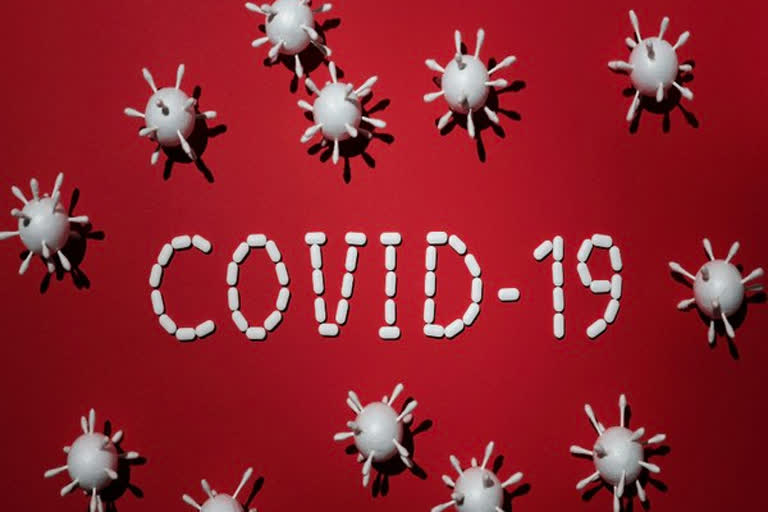New York [US]: Acute infection upsets a healthy balance between good and bad microbes in the gut, especially with antibiotic treatment, according to Rutgers scientists who examined the impact of the virus that causes COVID-19 on patients' microbiomes, the collection of microorganisms that live in and on the human body. The research could result in the creation of probiotic pills to correct any gastrointestinal abnormalities in future patients, according to the researchers.
The first findings of an ongoing investigation into the microbiomes of patients and volunteers at Robert Wood Johnson University Hospital in New Brunswick were published in the scholarly journal Molecular Biomedicine. The study, which began in May 2020, the early days of the pandemic, was designed to zero in on the microbiome because many COVID-19 sufferers complained of gastrointestinal issues - both during the acute phases of their illness and while recuperating.
"We wanted to gain a deeper understanding by looking at specimens that would give us an indication about the state of the gut microbiome in people," said Martin Blaser, the Henry Rutgers Chair of the Human Microbiome at Rutgers University, director of the Center for Advanced Biotechnology and Medicine (CABM) at Rutgers and an author on the study. "We found that, while there were differences between people who had COVID-19 and those who were not ill, the biggest difference from others was seen in those who had been administered antibiotics."
According to Blaser, who is also a professor of medicine, pathology, and laboratory medicine at Rutgers Robert Wood Johnson Medical School, it was common practice to treat COVID-19 patients with a round of antibiotics early in the pandemic, before the introduction of vaccines and other antiviral treatments, in an effort to combat potential secondary infections.
Also read:Blood type can predict the risk of contracting a viral disease
